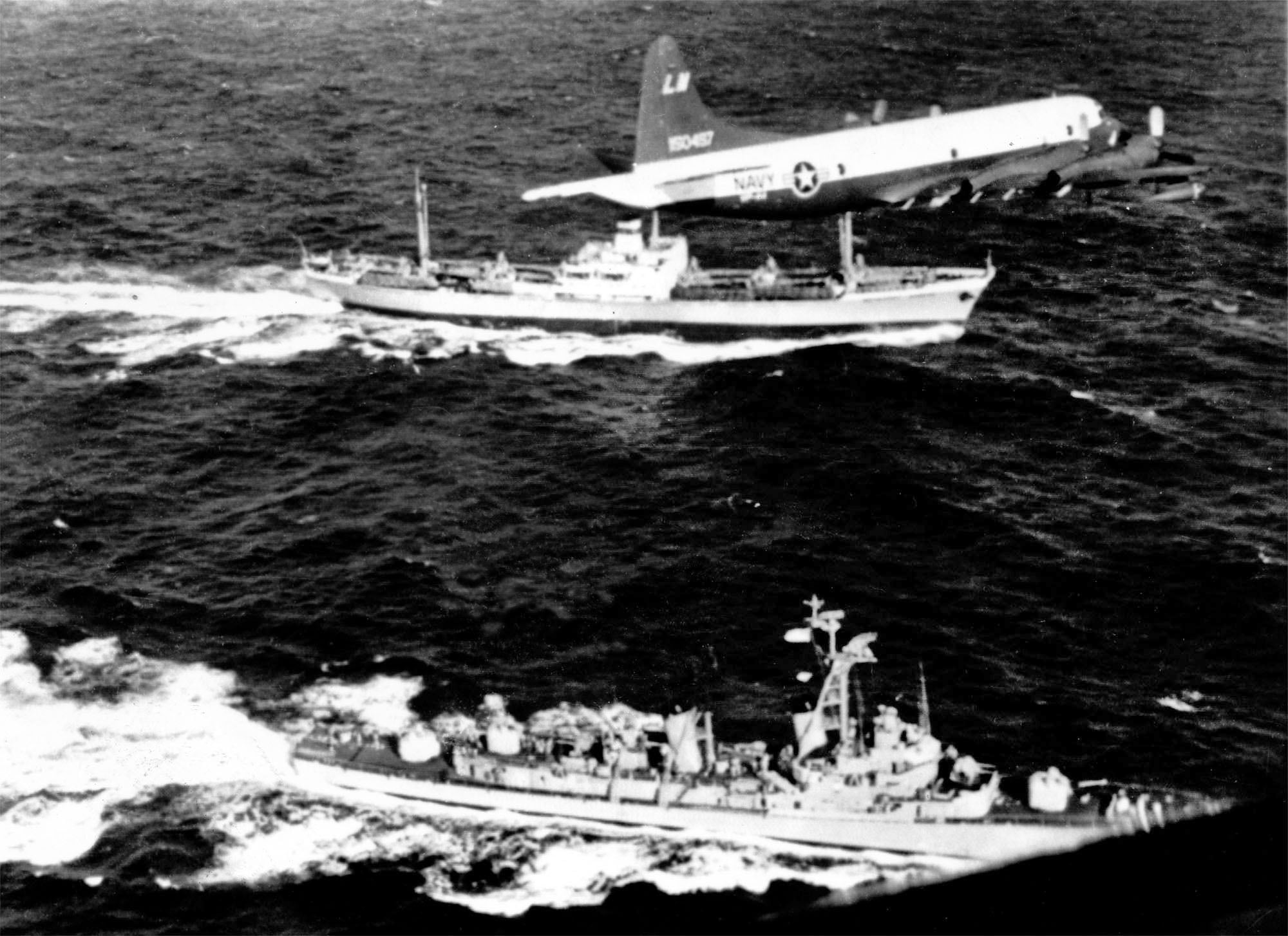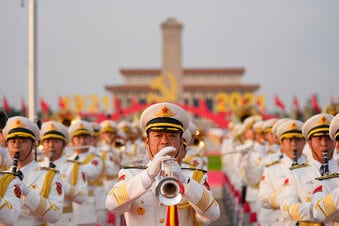Within days of the conclusion of the Nov. 15 virtual summit between President Joe Biden and Chinese President Xi Jinping, news broke that China had been secretly integrating military capability into a commercial terminal operated by Chinese shipping company COSCO at Khalifa port in the United Arab Emirates.
China’s conduct at Khalifa is characteristic of its conduct throughout its international dealings, both with nation-states and with businesses seeking access to Chinese capital, labor, suppliers, or markets — exploit counterparty economic desires to advance nationalist hegemonic goals.
Chinese conduct is so widely known and well-documented that Xi’s and Biden’s summit bonhomie amounts to another word that begins with “b” — but incongruous is more polite.
The UAE reportedly cooperated with the United States’ request to stop COSCO’s construction activities at Khalifa.
But what if the covert military capability the United States discovered masquerading as just another belt-and-road infrastructure project was not half a world away but instead a short distance from its southern border?
And what if that covert military capability was discovered in a nation whose autocratic leader’s interests were not aligned with the interests of the United States, unlike the UAE’s?
Nicaragua
Daniel Ortega began his fourth consecutive term as president of Nicaragua following an election this month — noteworthy because Ortega jailed opposition candidates to ensure the perpetuation of his power. Days later, the Biden administration banned him from entering the United States.
During Ortega’s reign, Xinwei Telecom Enterprise Group, a Chinese company with state support run by billionaire Wang Jing, was granted permission to build and deploy telecommunications infrastructure and service nationwide. The Nicaraguan government also granted one of Wang’s other businesses permission to build a transnational canal (which has foundered). Both projects were to be financed by China.
Honduras
In March of this year, the brother of Honduran President Juan Orlando Hernandez was sentenced by a federal judge in New York to life in prison following the brother’s criminal conviction for trafficking 200 tons of cocaine into the United States. During the prosecution of his brother, President Hernandez was described as an unindicted co-conspirator who took bribes in exchange for protecting a drug trafficker’s activities.
Despite Honduran-Taiwanese ties, during Hernandez’s presidency, Chinese state-owned enterprise Sinohydro Corporation built dams and hydroelectric generating capacity for Honduras, financed by China.
El Salvador
Nayib Bukele, president of El Salvador, used the Salvadoran congress which he controlled to remove the Salvadoran Attorney General and five judges from El Salvador’s highest court this past spring and is unabashed about the dictatorship he has established.
Bukele also is unabashed about his embrace of China and willingness to create a permissive operating environment for China in El Salvador. Port expansion is among the more than $500 million in infrastructure spending China has promised to El Salvador.
China’s engagement in Nicaragua, Honduras, and El Salvador is merely a representative sampling of China’s infrastructure activity in central America (and throughout the western hemisphere) exploiting economic desires — and corrupt autocratic rulers — to advance China’s nationalist hegemonic goals.
RELATED

El Salvador is the only one of the three, so far, that pledged allegiance to China over Taiwan, but merely severing Central American nation-state recognition of Taiwan is not China’s primary objective in the region.
In order for China to achieve its goal of global hegemony, it must increase the cost to the United States of countering China. Creating a sphere of influence in central America that gradually allows China to project force not far from the United States’ southern border advances that goal.
For example, when China decides to act on its stated intention to take over Taiwan, China must count on the United States determining that the cost of a military response is too high. Could China achieve in El Salvador, Nicaragua, Honduras, or elsewhere in the region what it failed to achieve in the UAE? If China covertly integrates military capability into infrastructure projects in Central America, China will have materially increased the cost to the United States of countering Chinese aggression. As for Taiwan, such an achievement by China would be another step in making its Taiwanese takeover a fait accompli. Win without fighting, as Sun Tzu counseled.
Considering China’s duplicity in Khalifa and alignment with corrupt autocracies in Central America, Xi’s call at the virtual summit for mutual respect should be dismissed. And in Central America at least, hard red lines should be drawn and communicated both to deter China and its nascent client states and to avoid escalation due to surprise. Meanwhile, enforcement contingencies should be planned.
RELATED

One such red line is concealing or attempting to conceal military capability in an infrastructure project.
If the United States were to discover covert military capability integrated into an infrastructure project in a dictatorially governed Central American nation that refuses to respond as the UAE did, a warning to allow for immediate personnel evacuation followed by a kinetic response to degrade the project would be justified, proportionate, and necessary.
Christopher J. Hunter served as a federal prosecutor with the U.S. Department of Justice and the U.S. Attorney’s Office for the Southern District of Florida and as an agent with the FBI.
Editor’s note: This is an Op-Ed and as such, the opinions expressed are those of the author. If you would like to respond, or have an editorial of your own you would like to submit, please contact Military Times managing editor Howard Altman, haltman@militarytimes.com.





